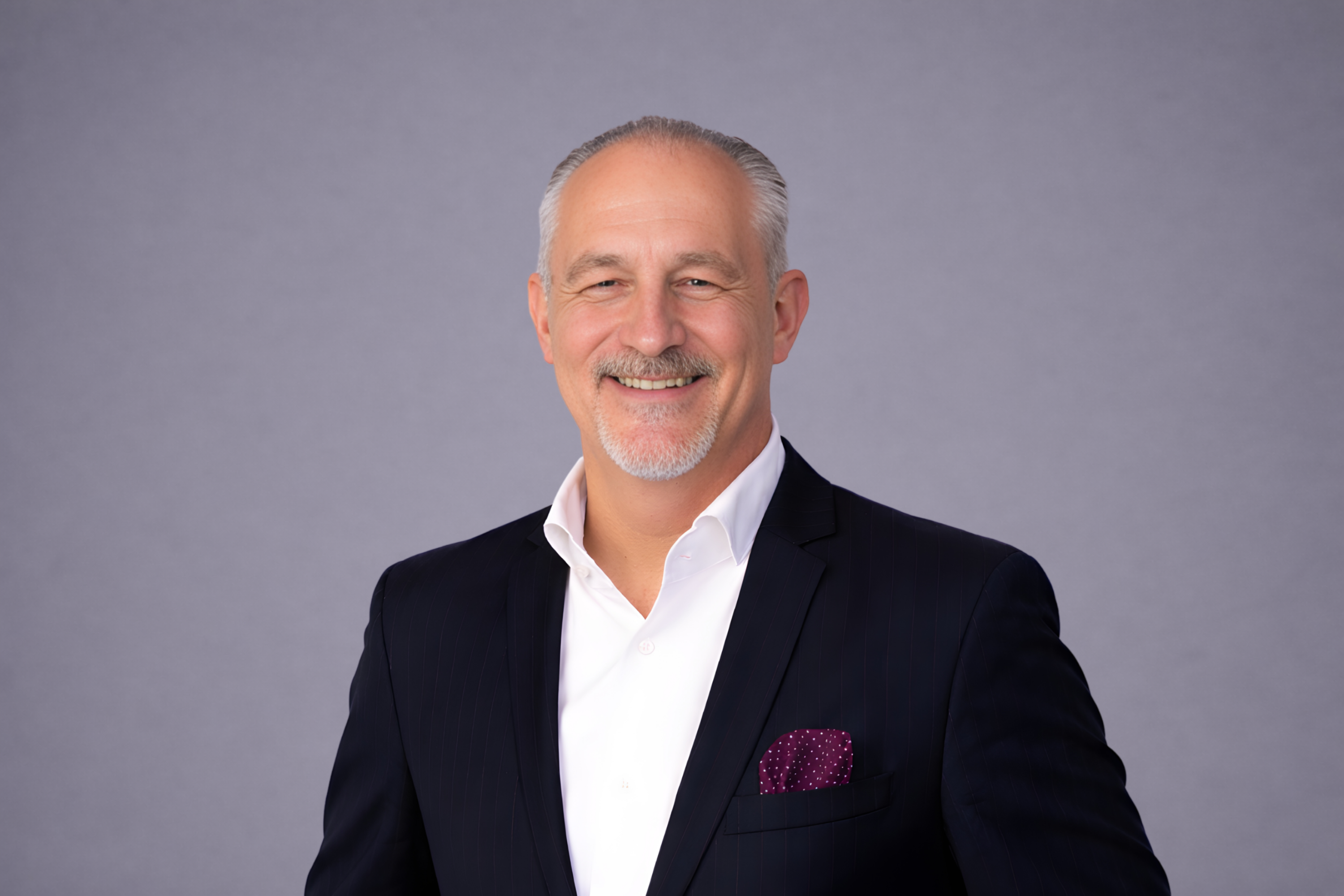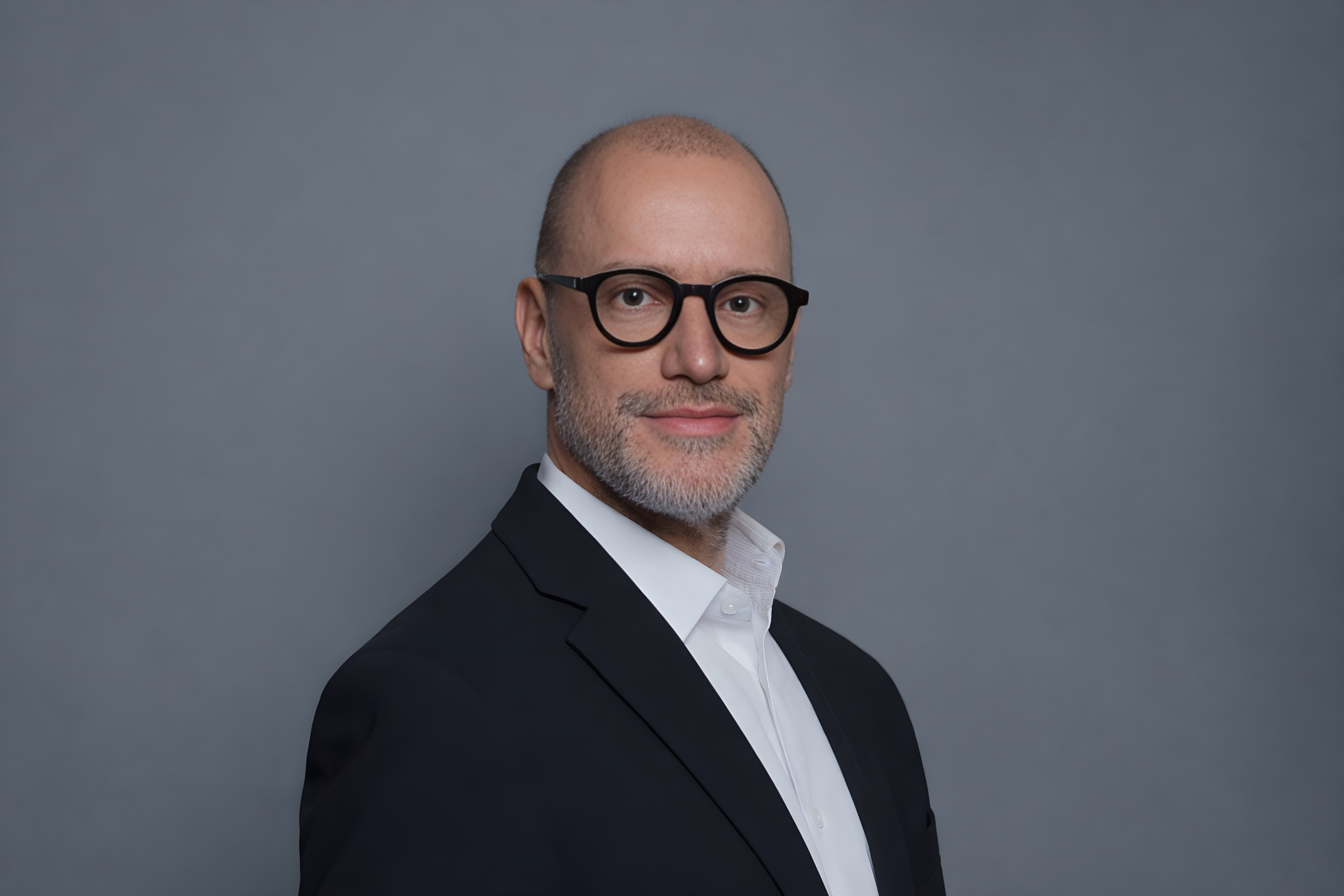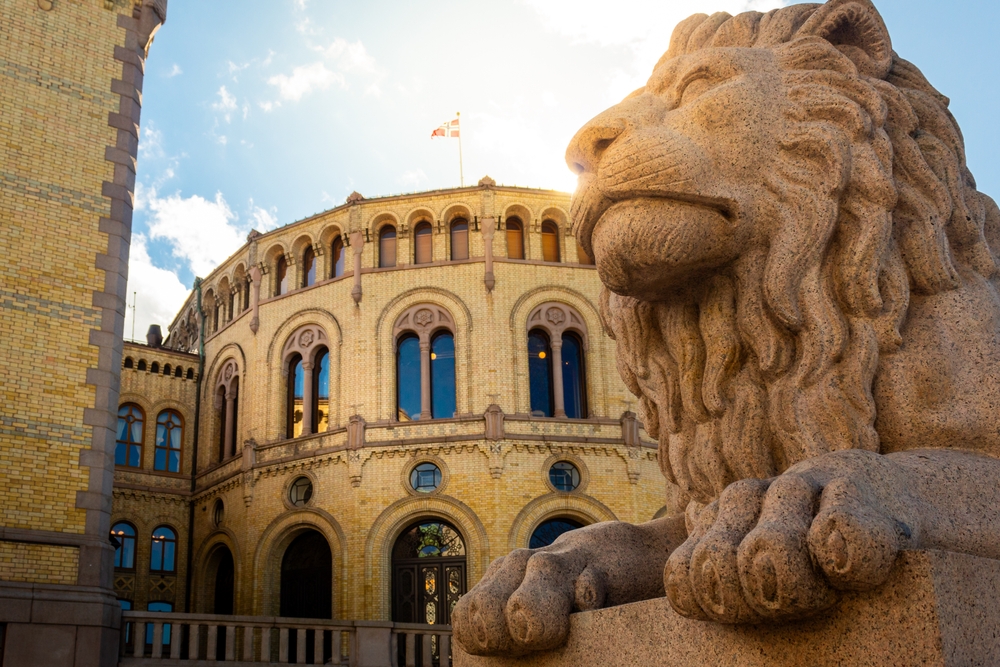We respect your privacy. Unsubscribe at any time.
Living Impact is on a Mission to Help People Become Homeowners

Living Impact is on a Mission to Help People Become Homeowners
The Global Housing Market Is Broken, and It’s Dividing Entire Countries - is the name of an article published recently by Bloomberg. It pretty much sums up the reason why we founded DeleieBolig, part of Living Impact - a company facilitating alternative financing for residential real estate through a rent to own model in order to give more people access to own a home.
Housing affordability is on a decline everywhere and our home country of Norway is no exception. The ability to own your home has been the main driver of wealth creation for generations, but that ability is on decline, fuelling economic inequality in our societies. A vicious circle has formed. The house price to income gap is widening and those who are not on the property ladder are being increasingly left behind.
Arena for Journalism in Europe coordinated a large project called Cities For Rent, investigating the housing market in Europe. Their finding confirms our raison d'etre and their research shows that the amount of money from institutional investors going into residential real estate for rental has exploded. The percentage of residential real estate being rented among the population, compared to being owned, is increasing in all major European cities. Over 80% of the population in Berlin are renting! Some people argue that this is a cultural thing. We would like to challenge that hypothesis. If you have two choices, own your home or rent your home, we think that most people, regardless of where they are from or where they live, would choose to own.
Berliners are angry about housing, and so is much of Europe. In Norway we have the so-called “Nurse index” (“Sykepleier Indeksen”), a statistic showing us the portion of residential real estate a person with an average salary can afford. That number is 1.5 per cent in Oslo in 2022 (down from 1.7 in 2021 and 2.5 in 2020), which is the per cent of properties a person can afford with an average salary of 600,000 NOK pa. with 450,000 NOK in savings. In other words, 98.5 per cent of homes are unaffordable to the median person in the city. This is a local example of a global urban housing affordability crisis, in both developed and developing countries, and the pandemic has only worsened this crisis.
At we are working on a solution to level the homeownership playing field by offering lease to own homes. Effectively this means that we buy a home for our customers to give them a helping hand onto the property ladder. They start renting with a purchase option. When they are ready, they can buy the property.
Our Solution is entered around the concept of risk sharing, in other words skin-in-the-game.
In our case DeleieBolig shares the risk together with our customer, the future homeowner, who does not need much equity to enter the property ladder, and with whom we share the value appreciation in the home. If they are successful, so are we.
In his extensive and original research, Nassim Nicholas Taleb, the founder of the concepts of anti-fragility and Black Swans, details the characteristics of anti-fragility around the skin-in-the-game concept.
The defining characteristic of the present interest rate based debt financing system is risk transfer. This implies in financial contracts that creditors transfer the risk of the transaction to the debtors. The defining characteristic of an anti-fragile system is skin-in-the-game. Here both sides of the transaction share the risk of the undertaking.
In our case DeleieBolig shares the risk together with our customer, the future homeowner, who does not need much equity to enter the property ladder, and with whom we share the value appreciation in the home. If they are successful, so are we.
Let us first look at how this works. To offer this solution we need to have a balance sheet, meaning enough capital to be able to provide the product to our customers, the homeowners. That capital comes from investors in our fund, the limited partners. For us to be able to gain investors’ trust and build a sustainable business, we need to invest their capital through our fund prudently and provide capital growth over time. This means that in all investment cases and deals we do, it is in our interest not to drive up the prices in a bidding auction. It is in our and our customers’ shared interest to provide a sustainable financing solution. Additionally, we need to realise that the annual trading value of residential real estate is relatively high, compared to other markets. Only in Norway we saw a trading value of close to over 400bn NOK in 2022. Before DeleieBolig could even become a force able to move the needle in the market, our size would have to become gigantic. To put things into an even bigger perspective, the total size of private debt in Norway in Q3 21 is 4,247B NOK or 2.4 times the total income. The private debt to income ratio has been increasing in the last decades from 1.3 times at the start of the new millennium. If we could point to one main driver of price increases, it is debt financing, and it has been the force behind rising prices since the dawn of time. At the same time, people who have not been able to access the cheap capital during the last couple of decades have been left far behind, not being able to enjoy the increasing wealth that comes with owning property.
Additionally, in developed countries where people have stable jobs and stable income, there is a strong tendency to max out the leverage. Life is a dance on the roses and there are no clouds in the sky. It has been a common practice to refinance mortgage loans at higher property valuations, taking out extra cash on their properties to buy new TVs, retrofit their homes, buy luxury travels, boats and other both nice-to-have and need-to have-things. Many young people have even been taking out consumer loans at bank A to be able to cover the down payment needed to get a mortgage at bank B. These tendencies are creating massive leverage in our society. And it all works as long as we all have enough income to service the loans. We asked this question in the original article published end of 2021: “What will happen one day when interest rate levels start to rise? Or when we get hit by another Black Swan?” And it did happen right after actually, with the horrible war in Europe and rising inflation.
With our shared ownership rent to own product, we are offering a sustainable alternative to financing homes. Instead of taking more leverage, you can start renting your home with a purchase option, and have less risk and less loans. Now, we are not an alternative to mortgage financing, but we are a healthy addition, also helping lower the total debt level in society.
Our mission is to pioneer solutions that enable a more sustainable and inclusive housing market for everyone.







